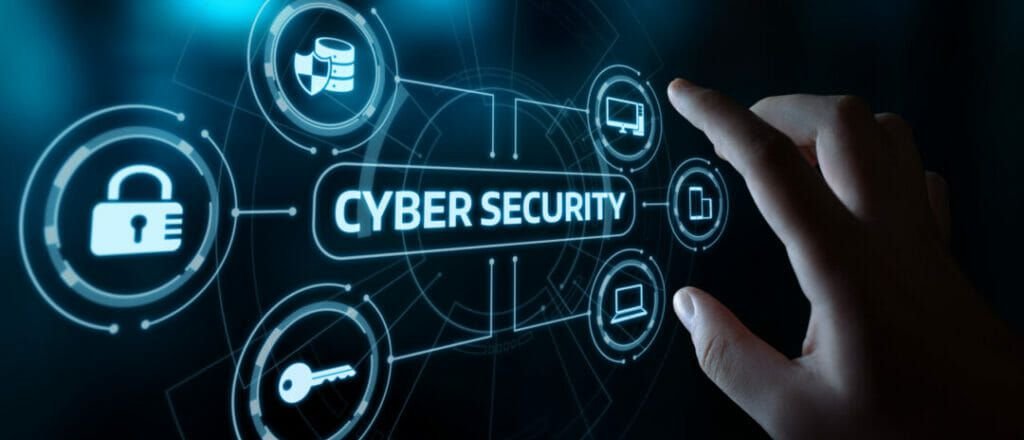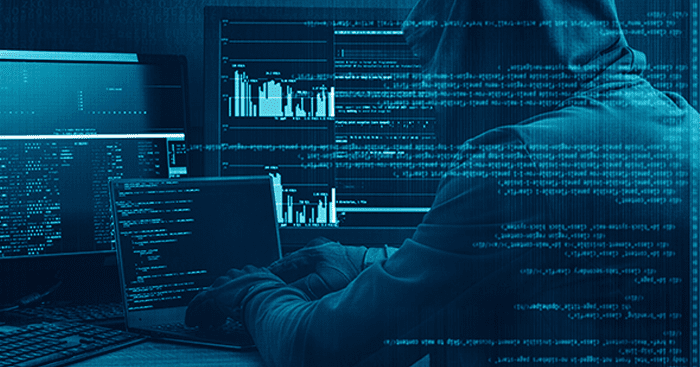As the world continues to progress towards global digitalization in all spheres, added security issues are a big concern. Cyber security issues such as malware, hacking, phishing, or ransomware are deployed rapidly to steal sensitive information.
The best way to keep these attempts at bay is by working with ethical hackers to strengthen security systems and protect devices from any possible malicious attack. Emerging market opportunities are encouraging ethical hackers to seek cyber security certifications to find a place in the industry. And, CEH is one of the leading choices.
One of the most popular certifications for ethical hackers is also equally complex to tackle. CEH or Certified Ethical Hacker certification, offered by EC Council, comes with a three-year validity and tests the skills and qualifications of candidates applying for seeking a career in ethical hacking.
The certified ethical hacker training is a core program, comprehensively created to train candidates in the most advanced tools of black and grey hacking methods to learn how they break into organizations, analyze threats, and help companies secure a system.
Here are some tips to ace your certified ethical hacker exam!
Create a Checklist With Different Segments
Confused about which topic to pick first? Stop getting overwhelmed with the vast syllabus, but create a small checklist and mark every important point within it. From theory modules to practical projects, lists can simplify work and motivate you to get work done quickly. In addition, checklists lessen the chances of leaving any topic behind.
Practice Through Test Modules
Going through test modules is an excellent way to test your knowledge and time management skills. Practice papers can drastically change the trajectory of your learning process by giving valuable insights into your progress and areas demanding more attention. Continuous practice with test papers is most likely to improve your problem-solving skills in a limited time period.
Join the CEH Community to Learn More
Studying along with people appearing for the same examination, teachers, and those who have already been through it can be a rewarding experience. CEH community members share informative posts worldwide, delivering both practical and theoretical awareness about various topics. Forums also allow questions about problems you are stuck on.
Use Recommended Study Material
Extensive study guides are available for candidates to prepare for examinations. So, students do not have to go overboard with their preparations. Visit the official website or CEH community spaces to learn about the required resources for the examination. Study guides also offer a list of topics to cover, simplifying your work to assemble study material and then learn.
Run Through The Exam Pattern
The official EC Council website extends important information related to the exam and preparation. Visit the website and learn all about the format, syllabus, mark weightage, and various other aspects that have a say in your results. Knowing the examination format will enable you to frame answers in the most suitable manner.
Enroll in Training Courses
Simply using study material on your own can be a difficult take to make it through the exam. Getting enrolled in a certified ethical hacker course is an excellent way to sharpen your hacking skills and enhance your knowledge about CEH certification. Choosing a cybersecurity course can be a great addition to both your skillset and resume!
Achieving CEH certification is a great boost for your hacking career. So, give it all to your examination. Follow the right tips and tricks to achieve success. The best way to ensure your mind retains information is through practicing. In a nutshell, practice as much as you can to enhance your skills further!







